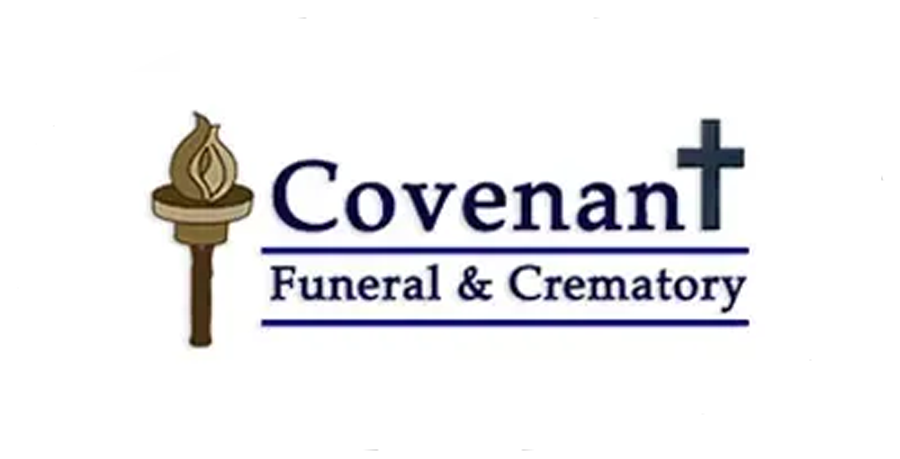FAQS
Frequent Questions
What services do funeral directors perform?
A funeral director offers comprehensive support to grieving families after the loss of a loved one. Beyond coordinating cremation, burial, and memorial services for the deceased, they provide essential bereavement and consolation to the living. Their multifaceted role encompasses funeral arranging, directing, attending, and embalming.
Key responsibilities of a funeral director include:
- Arranging for the deceased's removal and transfer from the place of death to the funeral home.
- Providing professional care for the deceased, such as embalming, casketing, and cosmetology.
- Meeting with the family to plan the funeral service.
- Completing necessary paperwork, including certificates and permits.
- Acquiring copies of the death certificate.
- Coordinating with cemeteries, crematories, or other final disposition locations.
- Writing and publishing the obituary.
- Organizing aspects of the service like clergy, music, flowers, transportation, pallbearers, and specialized fraternal or military tributes.
- Overseeing the funeral service and procession.
- Aiding the family with death-related claims and resources, such as Social Security, VA benefits, and grief support.
Why are funerals so expensive?
A traditional funeral includes several elements that contribute to the overall cost. In addition to the required basic services fee, other expenses may include the transfer of the deceased to the funeral home, embalming and preparation, use of facilities and staff for the viewing and ceremony, transportation such as a hearse or service vehicle, a memorial print package, a metal casket, a vault or grave liner, and the purchase of a cemetery plot.
What is the purpose of a funeral?
A funeral or memorial service offers a meaningful opportunity to honor the life of a loved one and pay tribute to the impact they had. It creates a space where family and friends can openly express their emotions, reflect on cherished memories, and find comfort in the support of others. Through shared remembrance, it allows us to grieve, connect, and begin the journey toward healing.
Can you still have a funeral if you choose cremation?
Yes, cremation or burial is merely the disposition of the body. Funeral services are to honor and remember your loved one, regardless of disposition.
What is the difference between a funeral and memorial service?
Funerals usually involve the deceased's body and often lead to burial or cremation. In contrast, memorial services occur without the body and can be scheduled days, weeks, or months after the death.
Do I have to have a funeral service?
No, services are not required by law. However, many families find comfort and closure through a ceremony that honors the life of their loved one.
What are my options for final disposition?
Common options include burial (in-ground or above-ground), cremation, or donation to science. Each choice can be paired with a traditional or personalized service.
Can I personalize the funeral?
Absolutely. You can include specific music, readings, photographs, videos, personal items, and more to reflect your loved one’s life and wishes.
Is embalming required?
Embalming is not legally required in all cases. It may be necessary if there is a public viewing or if the body needs to be transported across state lines.

